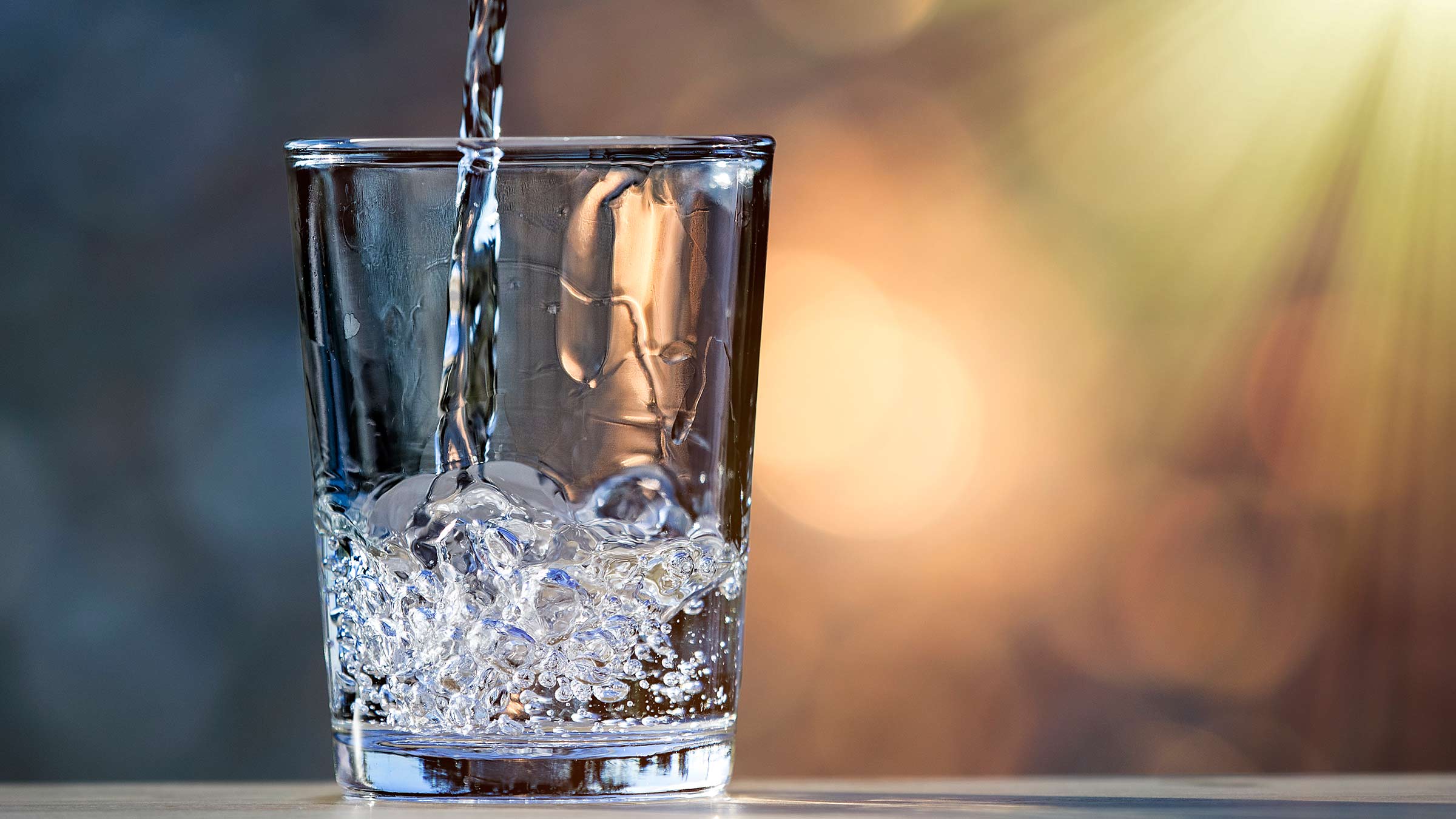
When it comes to water, there are more choices than ever to stay hydrated. Trying to decide which to choose can be overwhelming. But the most important thing to remember is that, in general, most people will find the most benefit by drinking more water, regardless of the type or form.
Adequate hydration can improve the majority of bodily functions and boost overall energy. All in all, I recommend drinking the type of water that you like and are able to drink throughout the day.
If plain water is tough to drink, add flavor without adding a lot of extra sugar or calories by squeezing citrus fruits, like lemon, lime, grapefruit or orange into your water.
Are any types of water better than others?
All of the following types of water provide adequate hydration — none is more hydrating than another — and, in most cases, all are safe to drink.
Tap water — This is the most cost effective, easily accessible for most individuals and safe to drink in a majority of areas. The U.S. Environmental Protection Agency (EPA) sets strict contaminant levels for tap water.
Spring water — This popular form of bottled water, typically derived from underground springs, is safe to drink, and some people prefer the taste. It likely doesn’t provide additional health benefits beyond those provided from drinking water in general.
Purified water — This is water that has been run through a filtration system (either in the home or prior to bottling), which removes the majority of naturally occurring contaminants, and some people prefer the taste. It’s more expensive than drinking tap water. Filtration removes fluoride from water. Fluoride in water is safe to drink and can help prevent tooth decay.
Distilled water — This is a type of purified water, not as common for drinking. Distilling involves boiling the water, which removes a majority of contaminants and minerals. Like purified water, it removes fluoride.
Mineral water — Mineral water is typically sourced from reservoirs and can have higher amounts of minerals naturally found in water (calcium, magnesium, sodium) than tap water. While the elements found in mineral water can be beneficial for most people, the amount of minerals in this type of water can vary widely.
Alkaline water — This is marketed as a “higher pH water” and can have minerals added to it, similar to mineral water. Drinking alkaline water will not necessarily alter your body’s pH, because the human body likes to stay in a narrow pH range, regardless of the foods and beverages consumed. The jury is still out on whether alkaline water has any additional benefit over tap water. It’s safe to drink, but it’s typically more expensive than traditional bottled water.
What are the differences among soda water, club soda, sparkling water, seltzer water and tonic water?
Carbonated water is an umbrella term for soda water, club soda, sparkling water and seltzer water. All of these types of water have dissolved carbon dioxide gas, which makes them fizzy. Carbonated beverages do count toward daily water consumption goals.
Tonic water is often consumed alone or as a mixer for alcoholic beverages. While some people enjoy the taste of tonic water over other sparkling beverages, tonic water has a significant amount of added sugar – similar to a full sugar soda! The American Heart Association currently recommends limiting added sugar to fewer than 9 teaspoons daily. Tonic water averages 30-35 grams of sugar for an 8 fluid ounce serving, which is roughly 6 teaspoons of sugar. That means one serving of tonic water provides more than half of the recommended daily limit for added sugar. It’s best to drink tonic water sparingly.
Are flavored waters healthy? Can they count toward daily water consumption goals?
Flavored waters add variety to your overall fluid intake – they absolutely count! Some people have a tough time drinking plain water and need some “spice” to their daily beverages. Bottled flavored waters are perfectly fine to drink – some have added electrolytes for added benefit, which can be helpful during strenuous exercise or on hot days.

Healthy eating is within your reach!
Make an appointment with our dietitians or nutritionists.
Schedule an appointment



